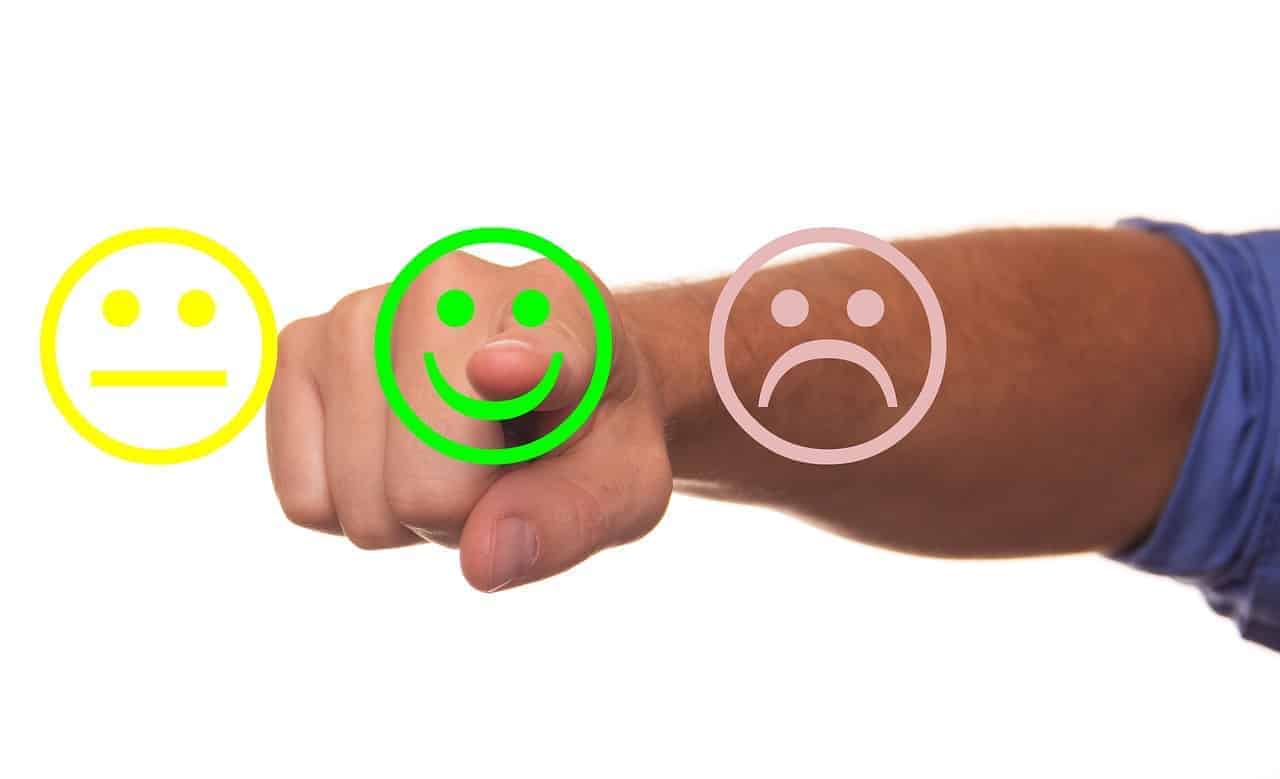Everyone knows, or at least has some suspicions, that in today’s technological world, nearly anything can be manipulated – including opinions.
Many people resort to checking online reviews when considering a new product, but how can you know if the review is legitimate or trustworthy? The fact of the matter is that you cannot. While the vast majority of online reviews are, in fact, from “real” people, it may be hard to figure out if they have personal experiences with the product or not. Furthermore, there is a small minority that may not be from a “real” person at all.

However, again, most of the online reviews floating around the internet are from real people who have experienced the product being reviewed, but how can you know? While there is no sure fire way, there are tricks that can help you spot real or fake reviews, and you can weed them out to find out the “truth” of the product prior to purchasing.
Pay Attention to the Details
Quite literally, the details reveal the truth of the reviewer. Most real reviews contain genuine experiences and details of said incidents. For instance, should you wish to stay at a certain hotel, in your research look for reviews that contain words specifically pertaining to the hotel, like “bathroom” or “check in.” These are more likely to be actual experiences, as fake reviews will often offer simple general praises.
Another detail you should check for is how often the review uses “I” and “me.” Research shows that, when attempting to come across as honest and sincere, people will resort to referring to themselves more. While real reviews will contain these first-person pronouns, if a review is absolutely littered with them, there is a good chance it may be a fake.
Language Matters

Studies have proven that fake reviews tend to use verbs more than nouns, in order to come across more convincing. Rather than provide actual descriptions of the company or product and the functionality, they substitute overwhelmingly positive (or negative) stories that are more than likely outrageous, in order to fulfil that content quota.
Some reviews are long and detailed; others are short and sweet. Length does not prove legitimacy, but the content does. For instance, if you are looking for some financial help (which is a big decision, as it directly affects your money), you may want to read a review of the company prior to making your decision. Look for reviews that describe the company in a direct manner, not vague stories or lacklustre attempts at sincerity.
Look for the Competition
This, as with the other rules above, is not really a direct rule of thumb, but it is still one way to spot fake reviews. Often, negative reviews will directly mention a competitor who offers a similar product. For instance, something like “I bought Company X’s product and was extremely disappointed! I returned it and bought Company Y’s product, and I couldn’t be happier!”
Often, competitors will drop these negative reviews on the review pages of their competition in order to sway those searching for a certain service or product to invest in their own, instead. These reviews likely have no personal experience with whatever the review is for, and are simply looking to boost their own traffic instead.
Overwhelmingly Positive/Negative Reviews

If a certain reviewer either pops up on multiple products in your research (especially products from the same company) or if you visit their account and see reviews that lean exclusively positive or negative, there is a decent chance that the reviewer is fake.
Furthermore, it might be good to take any one or five-star reviews with a grain of salt and look more closely at reviews somewhere in between. These are more likely to be from “real” customers, as no product or company is absolutely horrendous or fantastic all the time. These more “middle-ground” reviews are likely to contain actual details and experiences, instead of fabricated ones for the sake of increasing business.
Can You Trust Online Reviews? Yes – With Caution
Again, there are hundreds and thousands of online reviews out there – in today’s world, people constantly want to boost or degrade companies and products for their own sakes and for others’. Learning to spot fake reviews is a good step to take, and remember that, while looking for reviews online is a useful tool in searching for the right choice, everything online should be taken with some caution. Ultimately the decision should be yours, and what you read should only be a small factor in your choices.
